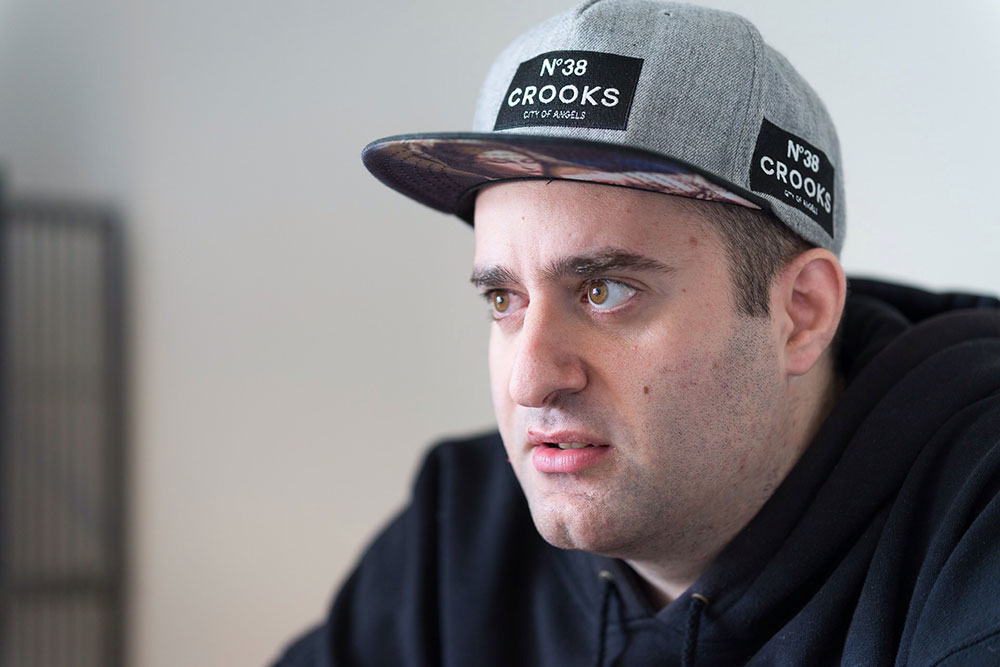his two roommates die of opioid overdoses that could not be reversed. Around the same time, he relied on the Suboxone and on the support of several therapists to regain control of his life.
Paolino said he also found refuge in Canada’s underground hip-hop community and that a strong sense of inclusion was one of the key factors in maintaining his sobriety. After getting clean, he decided to go to school to become a certified addiction counselor. In 2014, he graduated with two different degrees – one in counseling skills and one in addiction studies – but he is no longer working in the addiction field.
“I was very disheartened,” he explained. “The opioid epidemic is getting worse and worse. The police don’t even carry naloxone, so it feels like the government doesn’t care. Plus, it is traumatic. I got tired of meeting people, making friends and watching them die.”
‘I got clean to be happy, not to become a slave’
Nearly half of all cases of drug addiction in the U.S. are actually co-occurring cases of mental illness and substance use disorder. According to Paolino, sobriety is most often achieved when underlying psychological issues are properly addressed.
“You need to put the drug use in context and not pay attention to the substance alone,” he said. “I have met every type of addict – gay, straight, black and white. What we had in common was trauma or mental illness. We know that trauma can cause change to the brain, but we also know we can heal that. An old dog can learn new tricks.”
Paolino said that he has been able to deal with his past traumatic experiences and also believes that addiction does not have to be approached as a permanent state or a lethal condition.
“Yes, addiction is a disease,” he said. “It is reoccurring and can be life threatening, but when you tell someone that it is a terminal disease, they no longer have faith they can heal. I don’t understand how some people think they’re promoting healthy recovery if they say you’re always recovering and never cured. I’m not a recovering addict, I’m recovered.”
Paolino plans to go back to school in September to become a high school guidance counselor so he can raise awareness not only on substance use disorders but also on the benefits of sobriety among teenagers.
“I got clean to be happy, not to become a slave,” he said. “I can go anywhere now because I realize I’m in charge. I go to raves, to parties and don’t do drugs. I don’t crave drugs. I thought that if I got clean, my life would be perfect. Life is so much better now, but there are still struggles. I suffer from depression. I struggle with memories of dead friends. Sobriety can be hard, but it is not as hard as waking up dope sick all the time.”
















